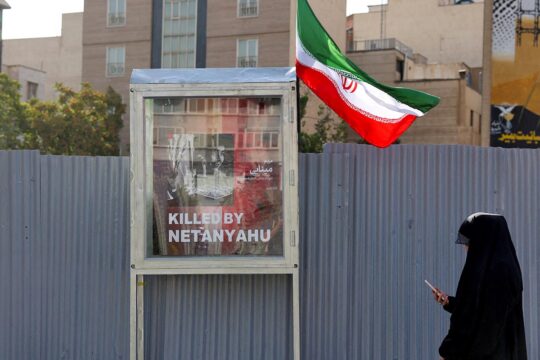The leader of an armed group in the Central African Republic offered a cabinet post in a new government on Saturday said he had turned the it down.
Abdoulaye Miskine, who heads the Central African People's Democratic Front (FDPC), said after being offered a post as minister for modernisation he "does not intend to participate personally in the government" in which leading positions remain unchanged.
Miskine is a former ally of the Seleka rebels, an armed coalition of Islamist groups who seized power in the CAR capital Bangui between March and December 2013.
The new government, appointed by presidential decree on Friday, had offered four posts to armed groups that signed last month's peace deal under whose provisions President Faustin-Archange Touadera agreed to form an "inclusive" government.
The deal soon came under strain as five militia groups either pulled out of the new government or rejected its makeup.
The FDPC believes the government is not representative enough, becoming the first group in early March to withdraw support for the peace accord -- drawn up in an eighth attempt to bring peace to the conflict-wracked, impoverished state since 2012.
None has managed to bring stability despite the arrival in 2014 of an 12,000-strong UN peacekeeping force after former colonial ruler France intervened militarily under a UN mandate, pushing the Seleka from power.
The African Union has been working to bring the different sides closer together but on Tuesday, 11 of the 14 armed groups demanded Prime Minister Firmin Ngrebada step down, calling for a "government of national unity" and direct talks with Touadera.
In a statement datelined Brazzaville, the FDPC said it had never demanded a cabinet post for its president and urged the government not to make such decisions on its behalf.
The resource-rich country has been racked since 2013 by a war which has displaced around a quarter of its 4.5 million population.
The peace deal -- the eighth since 2012 in the conflict-wracked, impoverished state -- brought together the CAR government and 14 armed groups who control most of the country.
In addition to an inclusive government, the agreement called for a series of confidence-building measures, such as establishing joint patrols and the creation of a truth and justice commission within 90 days.
CAR has been struggling to recover from the bloodletting that erupted when former president Francois Bozize, a Christian, was overthrown in 2013 by the Seleka rebels.
Armed groups, typically claiming to defend an ethnic or religious group, control about 80 percent of the CAR, often fighting over access to the country's mineral wealth.


